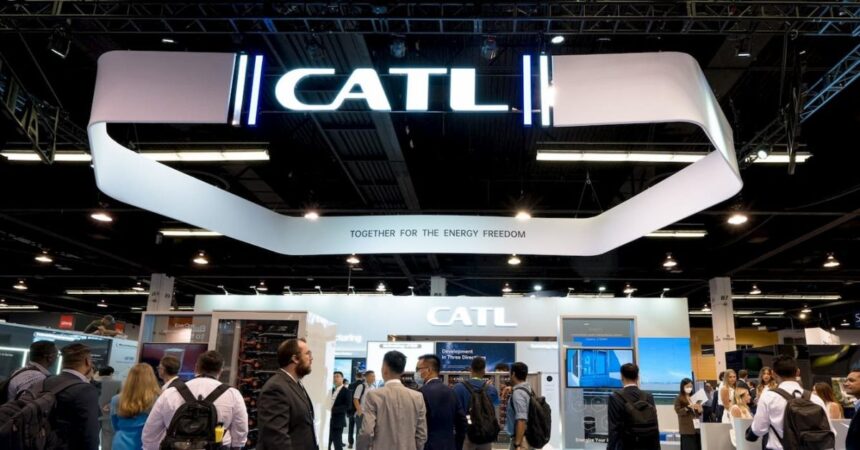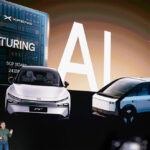CATL, the world’s largest EV battery maker, is making significant strides in the development of a new type of battery with higher energy density. Reports suggest that CATL is heavily investing in bringing all-solid-state EV batteries to market, with trial production already underway and the addition of over 1,000 workers to its R&D team.
The latest update from LatePost via CnEVPost indicates that CATL has entered the trial production phase of 20 Ah samples for all-solid-state EV batteries. The company is currently focusing on the final Sulfide phase and has started trial production of these samples. The new battery solution boasts an energy density of up to 500 Wh/kg for lithium ternary batteries, representing a 40% increase over current batteries. However, challenges remain in terms of charging speed and cycle life, which CATL is working to address.
With the 20 Ah battery solution finalized, CATL is now moving towards production tech exploration. The company aims to overcome manufacturing hurdles with its expanded workforce and has set ambitious goals for the future. In April, CATL’s chief scientist announced the development of a verification platform for 10 Ah all-solid-state EV battery cells, with plans to produce these batteries in small volumes by 2027.
CATL’s chairman has expressed confidence in the company’s research into the new battery technology, stating that it is “second to none.” Other major automakers, including Toyota, Mercedes-Benz, and Stellantis, are also investing in solid-state EV batteries as the future of electric vehicles.
According to data from CnEVPost, CATL currently holds a dominant 36.7% share of the global EV battery market, with BYD coming in second at 16.4%. BYD, a Chinese automaker, is also planning to launch solid-state batteries and has indicated that these batteries could see widespread use within the next five years.
The race towards all-solid-state EV batteries is heating up, with CATL and other industry leaders pushing the boundaries of energy storage technology. As the world’s transition to electric vehicles accelerates, these advancements in battery technology will play a crucial role in shaping the future of transportation.







